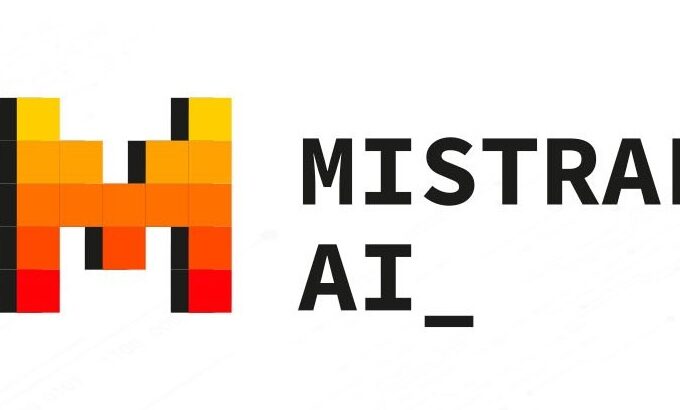
EU AI Guidelines Aim to Safeguard Electoral Integrity on Online Platforms
The European Union (EU) is taking proactive steps to safeguard the integrity of democratic electoral processes in the digital age. With the upcoming European Parliament elections scheduled for June, the EU has launched a pioneering initiative under the Digital Services Act (DSA) to equip online platforms with guidelines aimed at mitigating systemic risks that could threaten election integrity.
These guidelines, formulated under Article 35 of the DSA, are the first of their kind and are designed to provide Very Large Online Platforms (VLOPs) and Very Large Online Search Engines (VLOSEs) with best practices and potential measures to counter election-related risks, particularly those posed by generative AI and deepfakes.
Key stakeholders, including Margrethe Vestager, the Executive Vice-President for a Europe Fit for the Digital Age, and Thierry Breton, the Commissioner for Internal Market, have emphasized the critical role of the DSA in addressing emerging online risks such as deep fakes. They underscore the importance of collaboration between regulatory bodies and online platforms to ensure the safety and integrity of electoral processes.
Under the DSA, VLOPs with over 45 million monthly average users in the EU are subject to stringent rules, including transparency requirements and measures to safeguard minors online. Enforcement of the DSA began on February 17, with platforms mandated to comply with the regulations.
Breton highlighted concerns about geopolitical instability and the manipulation of citizens, urging platforms to clearly identify deepfakes and artificially manipulated content to combat misinformation effectively.
The draft guidelines are currently open for public consultation until March 7, allowing stakeholders to provide feedback on proposed mitigation measures concerning election-related risks and generative AI content. The guidelines also offer specific guidance tailored for the upcoming European Parliament elections.
In addition to the guidelines, the Commission has launched investigations into social media platforms to ensure compliance with EU regulations on risk management, content moderation, advertising transparency, and data access for researchers. These investigations aim to address concerns regarding the dissemination of illegal content and disinformation, particularly during sensitive geopolitical events.
The EU’s proactive approach to safeguarding electoral integrity underscores its commitment to upholding democratic principles and combating emerging threats in the digital landscape. By engaging with stakeholders and leveraging legislative frameworks like the DSA, the EU aims to create a safer and more transparent online environment for citizens to engage, discuss, and make informed decisions without the threat of illegal interference.





